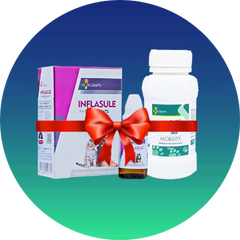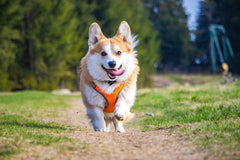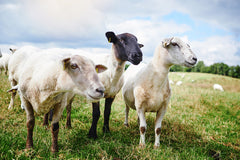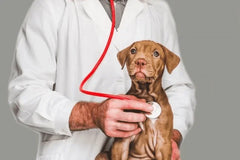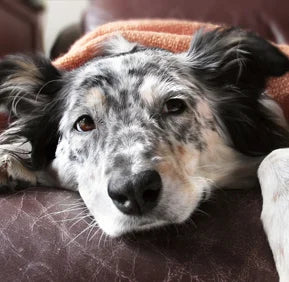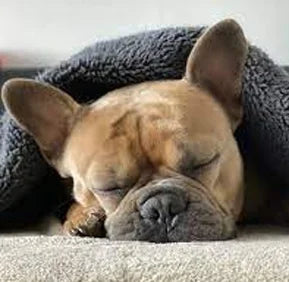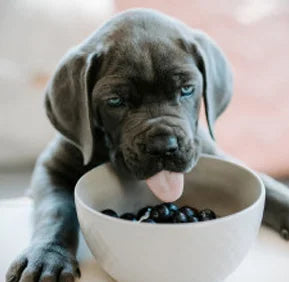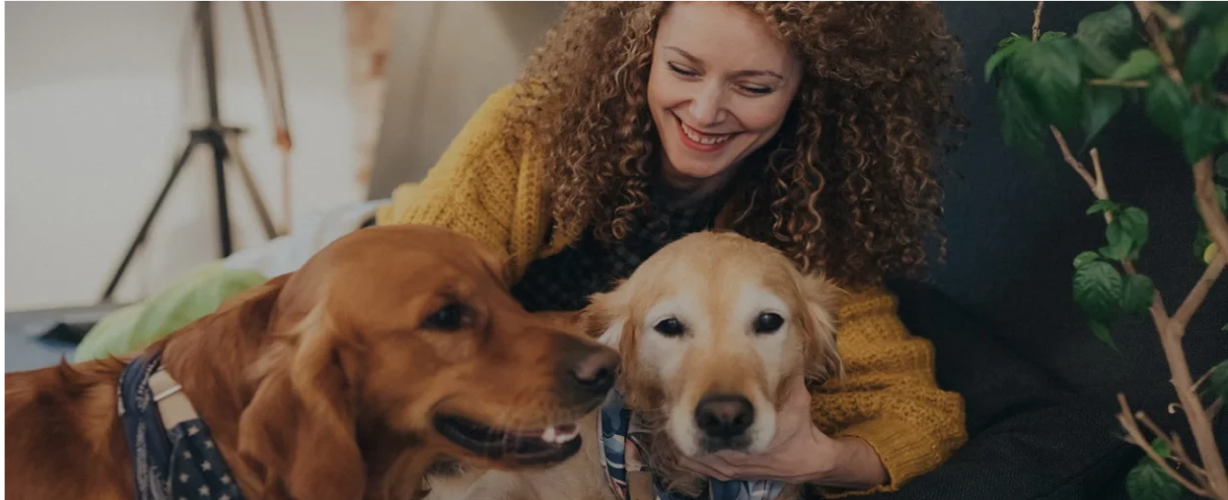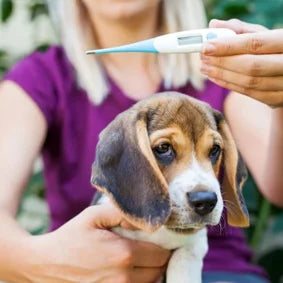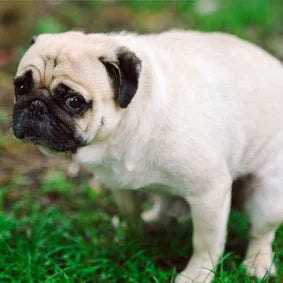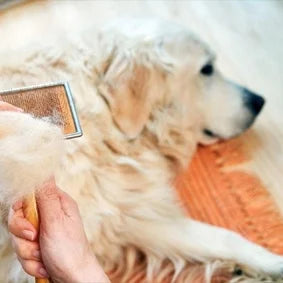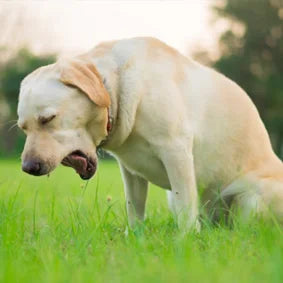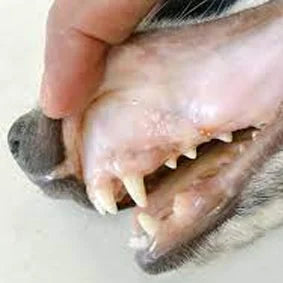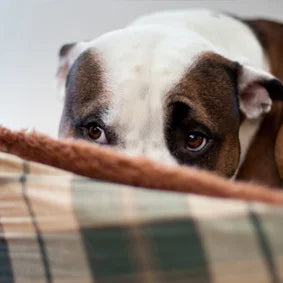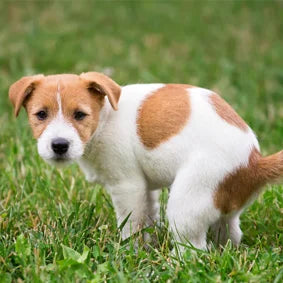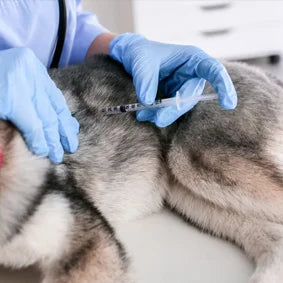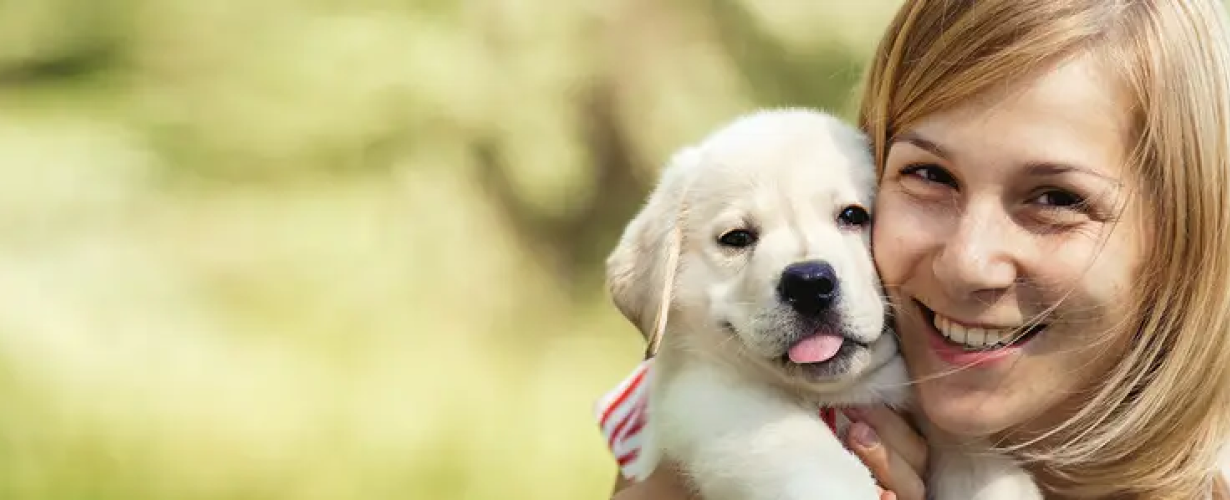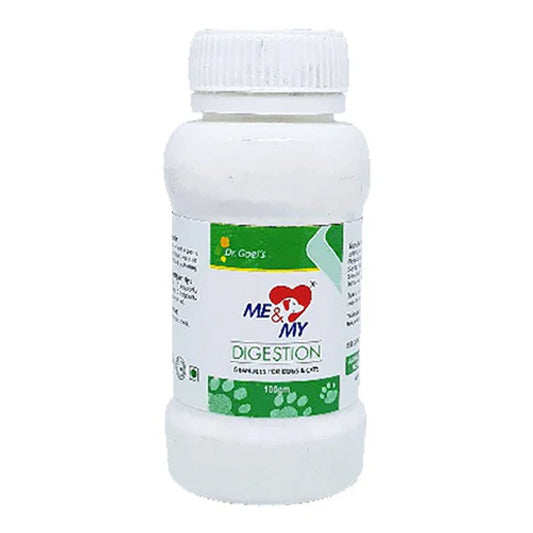Constipation in pets refers to a condition where they have difficulty passing stools or have infrequent bowel movements. It is characterized by the infrequent or incomplete emptying of the bowels, and the stools produced are often hard, dry, and difficult to pass.
When pets experience constipation, it means that the feces are not moving smoothly through the digestive system and are becoming backed up in the colon. This can be caused by a variety of factors, including
Common causes of constipation in pets include:
-
Dietary Factors
Inadequate fibre intake or a diet lacking in moisture can contribute to constipation in pets. Diets primarily consisting of dry kibble or low-fibre foods may result in insufficient bulk and difficulty passing stools.
-
Dehydration
Insufficient water intake can lead to dehydration, which can cause the feces to become dry and hard. Dehydrated stools are more challenging to pass, leading to constipation.
-
Lack Of Exercise
Insufficient physical activity and lack of exercise can contribute to constipation in pets. Regular exercise helps stimulate intestinal motility and promotes healthy bowel movements.
-
Underlying Medical Conditions
Various underlying health conditions can cause or contribute to constipation in pets. These may include intestinal blockages, pelvic injuries, anal gland problems, certain medications, metabolic disorders, and neurological issues.
Tips to save your pet from Constipation problems
Constipation can be uncomfortable and concerning for pets, but there are steps you can take to help save them from constipation problems and promote regular bowel movements. Hydration is the key to maintaining proper bowel function, so encourage your pet to drink water regularly. If needed, you can add water to their food or consider incorporating wet food into their diet to increase their water intake.
Other symptoms of Constipation in pets
-
Infrequent or No Bowel Movements
One of the primary signs of constipation is a significant decrease in the frequency of bowel movements. Your pet may strain to defecate but produce little or no stool.
-
Straining And Discomfort
Pets with constipation often exhibit signs of discomfort or pain while attempting to defecate. They may squat repeatedly, hunch their back, or show signs of abdominal discomfort.
-
Hard, Dry Stools
Constipated pets typically pass dry and hard stools, which can be difficult to pass. The stool may appear small, pebble-like, or unusually firm.
-
Reduced Appetite
Constipation can cause a loss of appetite or a decreased interest in food. Pets may show disinterest in their regular meals and exhibit signs of nausea or abdominal discomfort.
-
Lethargy and Restlessness
Pets with constipation may become lethargic, lack energy, or appear restless due to discomfort or discomfort caused by the condition.
-
Vocalization or Distress
Some pets may vocalize, cry, or whimper while experiencing constipation. This can be a sign of pain or discomfort during defecation.
-
Abdominal Bloating
In severe cases of constipation, pets may develop abdominal bloating or distension due to the accumulation of fecal matter in the intestines.
-
Licking or Biting the Anal Area
Pets with constipation may frequently lick or bite their anal area in an attempt to alleviate discomfort or irritation caused by the condition.
Trusted by Veterinarians
“As a veterinarian, I am thrilled to endorse Dr. Goel Vet Pharma’s homeopathic products for our furry friends. Their commitment to advancing homeopathic veterinary medicine is evident in the exceptional quality of their products. The innovative solutions they provide have significantly enhanced our ability to care for our animal patients, ensuring optimal health outcomes. I highly recommend Dr. Goel Vet Pharma’s products to pet parents for their unwavering dedication to the well-being of pet animals and the invaluable support they offer to the veterinarian community.”
– Dr. Sakshi Sharma (B.V.sc. & A.H. M.V.Sc , NET)
Constigo for PET
Homeopathic Veterinary Medicine CONSTIGO for PETS is the best Homeopathic Veterinary Medicine for Constipation in pets can be due to varied reasons like eating bone pieces, hair, cloth, paper, grass, age-related, dry feces, etc. It can be acute or chronic and is common to dogs. The discomfort of the dog and the helplessness of the pet owners can be addressed with CONSTIGO, a Homeopathic Veterinary Medicine to treat constipation for any reason.
It is advised for pets who suffer from abdominal cramps resulting due to straining during defecation. Even in conditions like small amounts of stools each time or no stools at all, this drug is the best remedy. Constipation which alters with diarrhoea due to excessive use of purgatives, frequent unsatisfactory attempts to defecate, irregular peristalsis, the feeling of retained stools, flatulence, spasmodic colic, constricted rectum, etc., this medicine gives satisfactory results. It is contraindicated in case of an absence of desire to defecate.






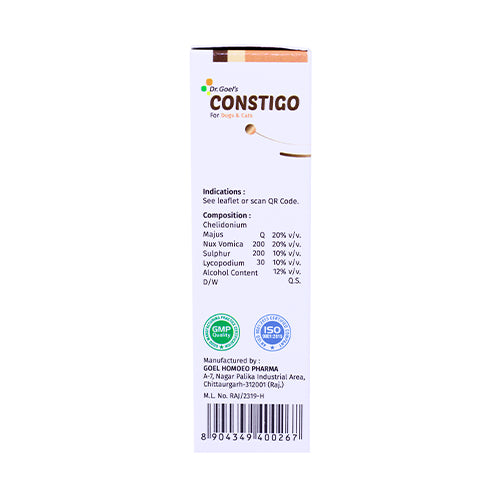
Me & My DIGESTION
GRANULES FOR PETS ( For Indigestion in Pets )
Me & My DIGESTION Pet Supplement is a unique formula of valuable supplements for Dogs & Cats which help maintain the gut health of your lovable pets. It thus maintains the pH of the gut during gastric disturbances like biliary obstruction, vomitions, dyspepsia, food poisoning or any other and protects your pet’s health.
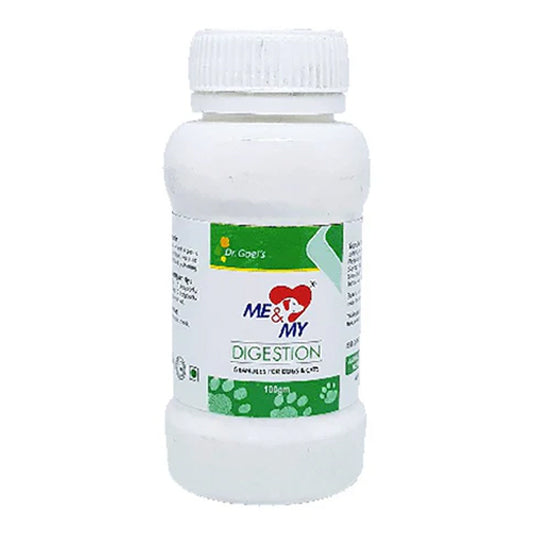
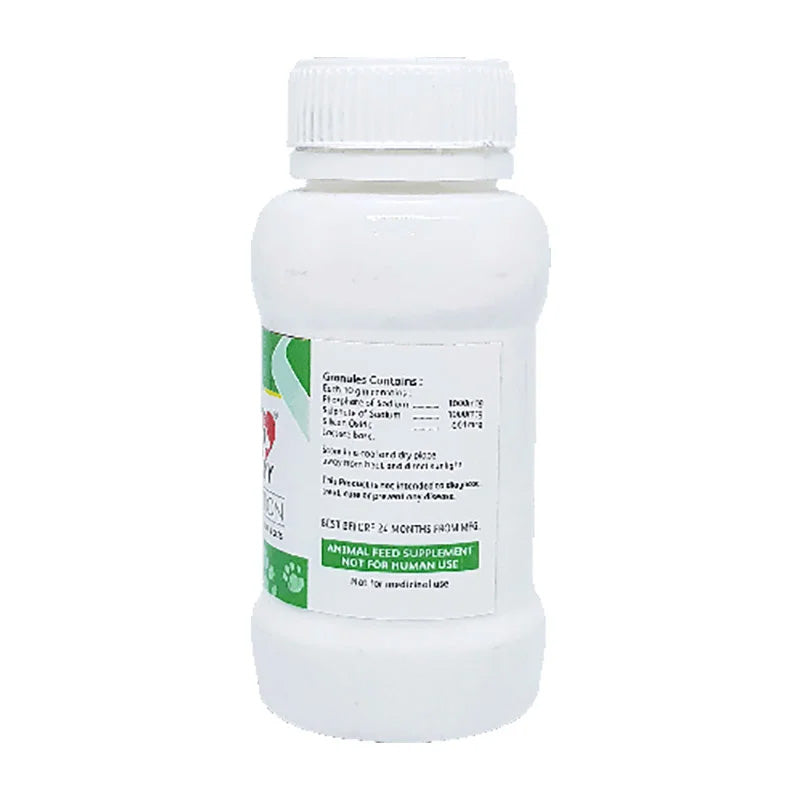
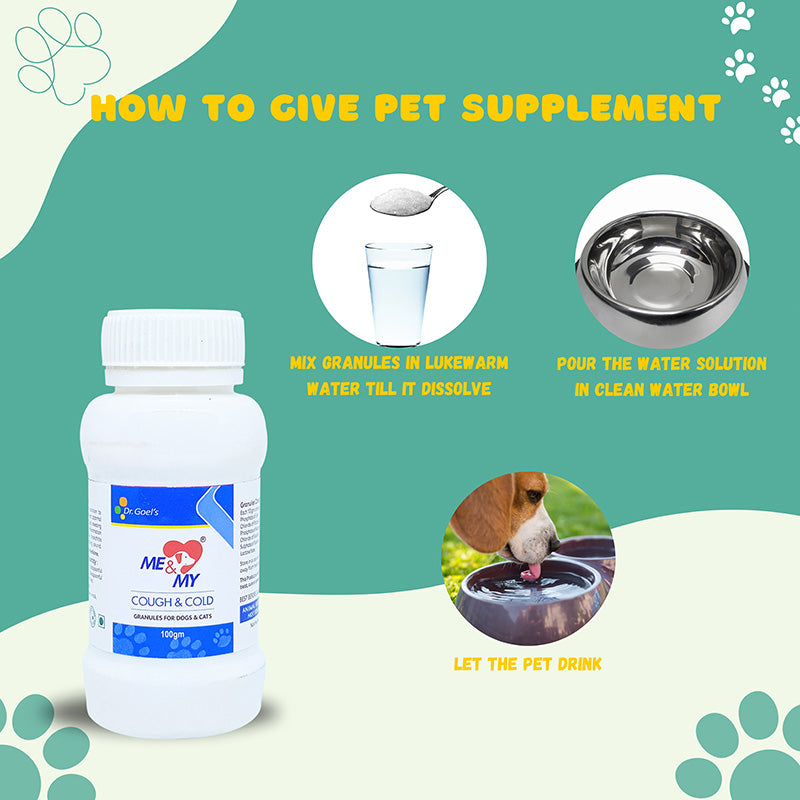
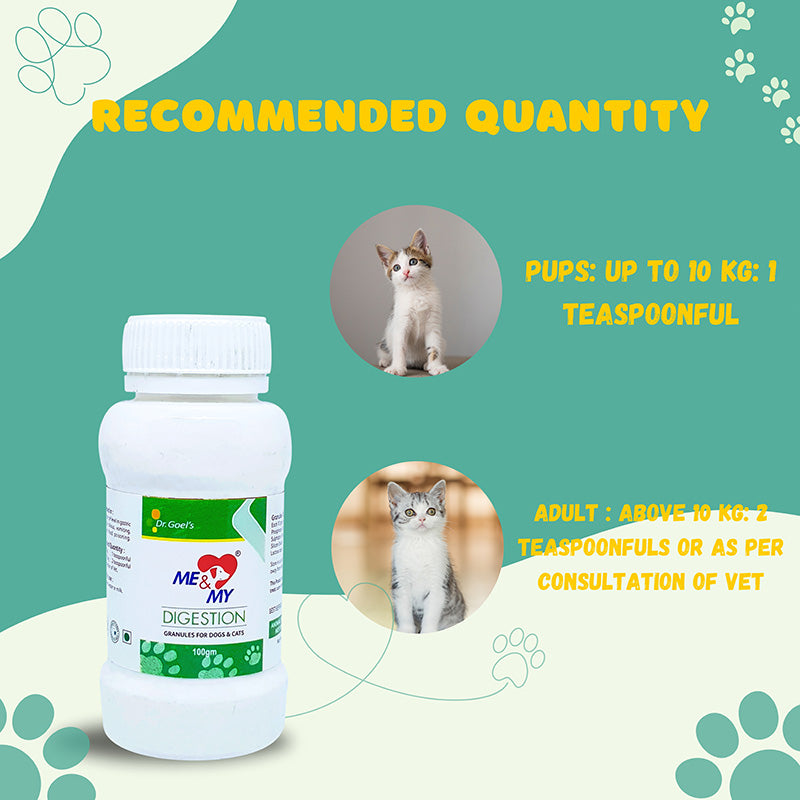
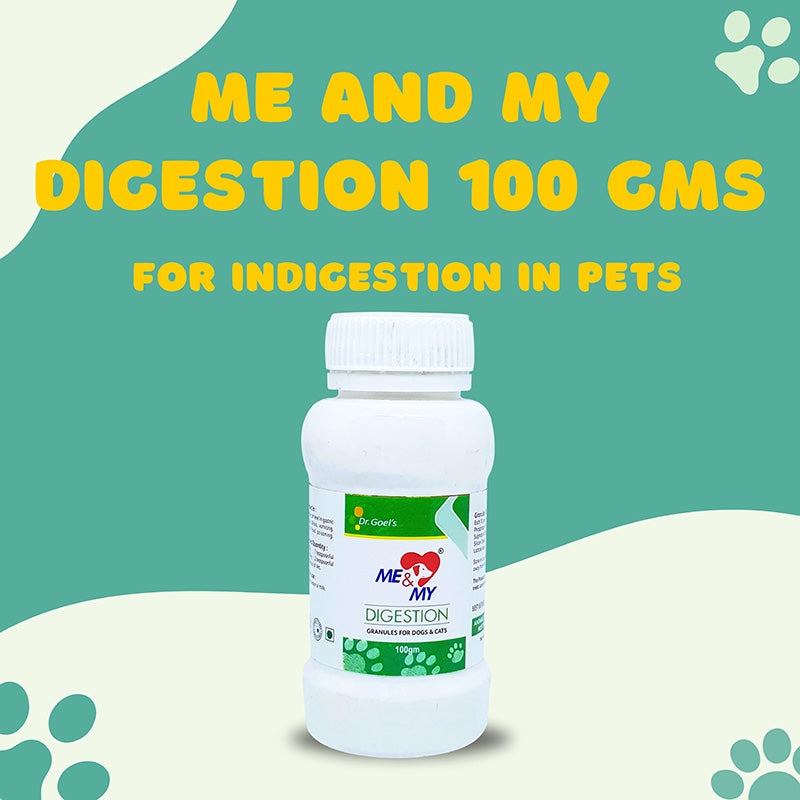
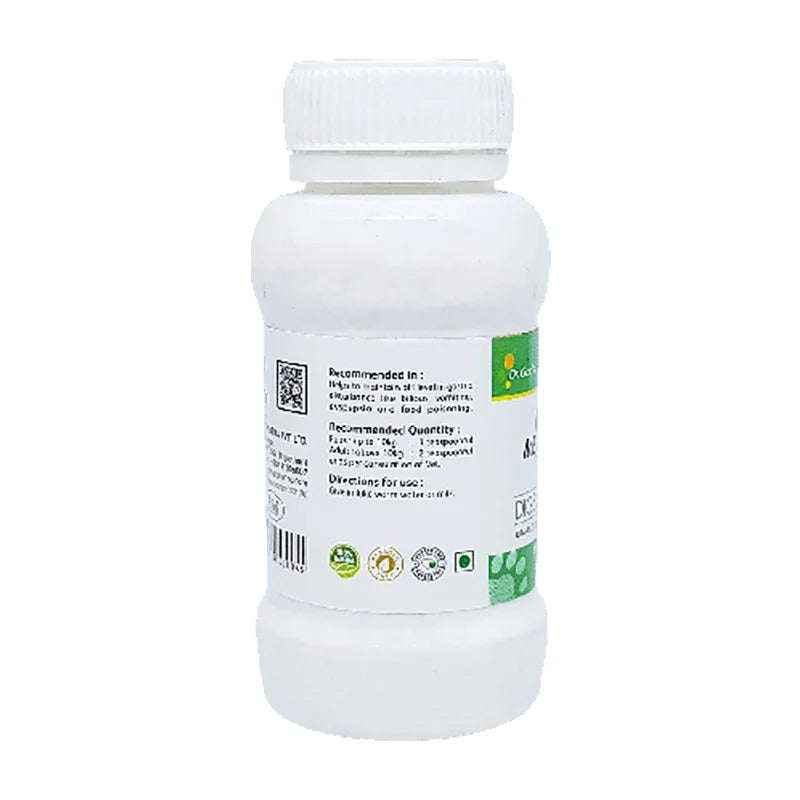
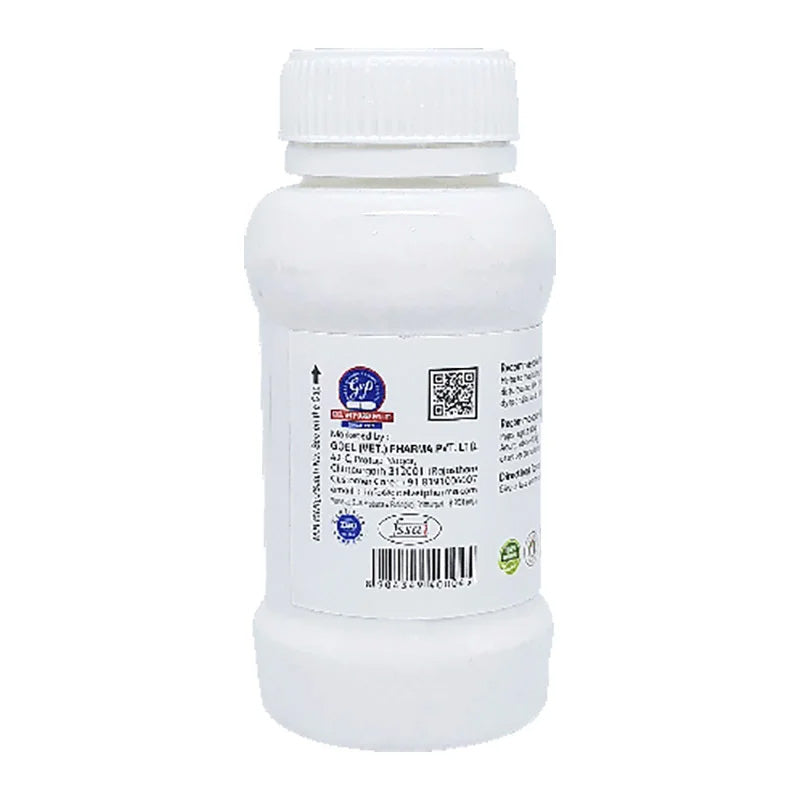
Frequently Asked Questions
My dog is having constipation problem. Nd pain in front legs which medicine is suitable.He doesn't eat anything by himself from last 1year.I feed him with a spoon. He also has problem in walking. He walks with a limp. Please Suggest.
Constigo for constipation issue Livomate for liver – appetite/ faeces formation/ health.
If arthritis- then me and my mobility + inflasule drops
Do u have any medicine for cushing .Dog 7 yearsI want to know urgently .n something fir liverIf u need will send report too in a day or 2
Cystigo and Livomate
pls advise something for anal fistula for my other dog. Regards
Constigo to relive pain and constipation

